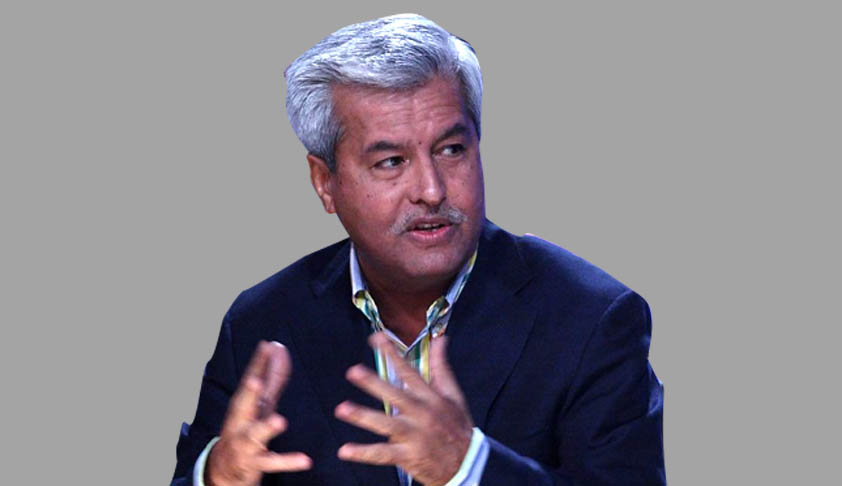SCBA president Dushyant Dave asks AoRs to be very careful while drafting SLPs
Aishwarya Dhakarey
26 Aug 2015 8:25 AM IST

Next Story
26 Aug 2015 8:25 AM IST
In a letter written by Dushyant A. Dave chiefly addressing the AORs, president of Supreme Court Bar Association, he tried revealing what had happened in the Court of Hon’ble Mr. Justice Ranjan Gogoi and Hon’ble Mr. Justice P.C. Pant. He was briefed by an Advocate On Record to mention an SLP for listing since Registry was finding it difficult to list it for the reason that previous...
